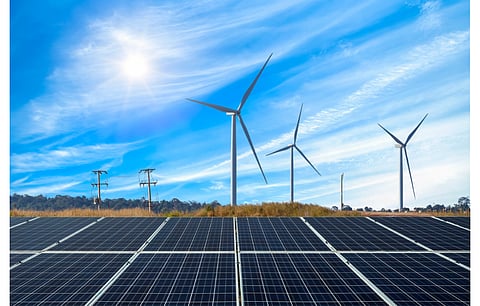

As Belgium phases out nuclear power, the European nation stands to overachieve its renewables capacity target, says GlobalData. By 2030, for solar PV it is expected to grow additions by an additional 4.9 GW compared to 6.9 GW it officially targets, according to the analysts.
For wind energy, analysts with the global market research firm believe the 6.5 GW official target will be exceeded by 0.85 GW. Along with renewables, gas-fired capacity is what Belgium will likely rely on to meet its power demand in the future. Belgium has not been building any new coal power plants since 2009.
"This growth in renewable power capacity is aided by the favorable renewable energy policies framed by the Belgium government, which includes the Energy Transition Fund, Green Certificates, and regional energy and climate plans in Brussels, Flanders, and Wallonia," opined GlobalData's Power Analyst Rohit Ravetkar.
Belgium currently has 7 operational nuclear power reactors, the majority of which are owned and managed by power suppliers, Electrabel and Luminus. All of these are on their way out as the country looks towards nuclear generation share falling to 29.4 TWh in 2022 and to 0 GW in 2026, according to GlobalData.
While the news about renewables capacity outshining the national targets is promising, according to the Association for the Promotion of Renewable Energies (APERe), Belgium's cumulative installed solar PV capacity till the end of 2020 already exceeded 6 GW. The association recommends the country to instead aim for 22 GW solar capacity by 2030, as opposed to 11 GW it currently targets (see Belgium Installed 1 GW PV Capacity In 2020).
A November 2021 research from EnergyVille calculates Belgium's technical rooftop solar potential as 99.6 GW, led by Flanders that can account for 65 GW alone (see 99.6 GW Rooftop Solar Potential For Belgium).
